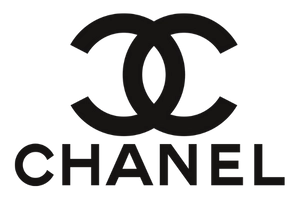Chanel Limited is a globally recognized leader in the luxury goods sector, specializing in the creation, development, manufacturing, and distribution of high-end products across three main segments: fashion, perfumes and beauty products, and watches and jewelry. Since its registration in the EU Transparency Register on August 27, 2018, Chanel Limited has actively engaged in lobbying activities to influence key EU policy areas that impact its business operations. The firm targets significant legislative files such as the Digital Single Market, the Digital Services Act, the Vertical Block Exemption Regulation, and the European Green Deal. These areas are critical for Chanel as they relate to digital commerce, regulatory frameworks for online services, competition law, and sustainability policies, all of which have direct implications for the luxury goods market and its supply chains.
Chanel Limited operates through its head office in London, United Kingdom, and maintains an EU office in Brussels, Belgium, to facilitate its lobbying efforts within EU institutions. The firm employs a small but focused team of lobbyists, with a total of four declared lobbyists, amounting to 1.75 full-time equivalents, who engage with EU policymakers to advocate for the company’s interests. Their lobbying strategy involves maintaining close contact with EU institutions, including the European Commission and European Parliament, to ensure that regulatory developments consider the specific needs and challenges of the luxury sector.
The company’s lobbying expenditures reflect its commitment to influencing EU policy, with declared spending falling within the €250,000 to €299,999 range annually. Chanel Limited’s activities are aligned with the broader trend of corporate lobbying in Brussels, where transparency and accountability are increasingly emphasized through mandatory registration and disclosure requirements under the EU Transparency Register framework.
By focusing on digital market regulations and sustainability initiatives, Chanel Limited aims to shape policies that foster innovation while balancing environmental and economic considerations. Their engagement in the Green Deal file highlights their interest in sustainable luxury production and responsible business practices, which are becoming essential competitive factors in the global luxury market.


